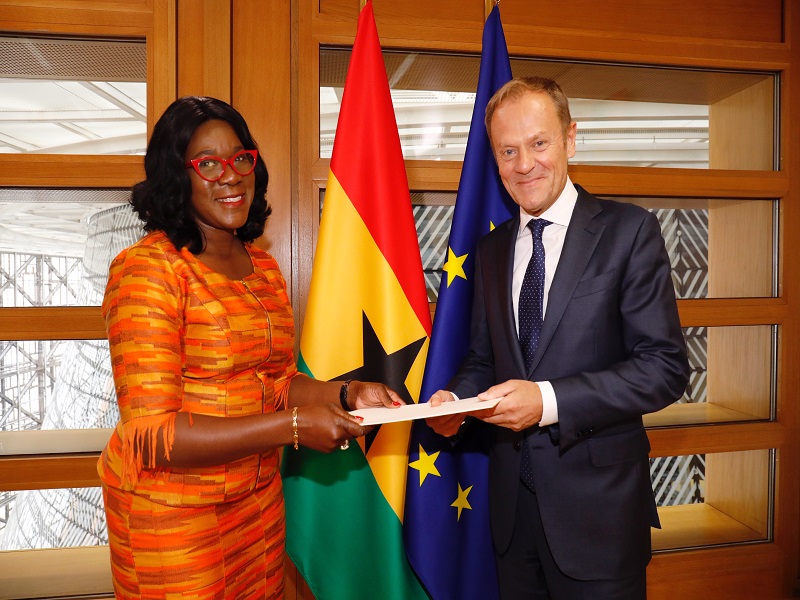There is, of course, nothing new under the sun. That’s an old idea from the Book of Ecclesiastes with the author complaining about the monotony of life, the phrase occurs some 29 times. “What has been is what will be, and what has been done will be done again; there is nothing new under the sun.” This has a certain resonance as we move in and out of lockdown during the Covid-19 pandemic.
Virtual volunteering dates back to the early 1970s and Project Gutenberg which has now made over 62,000 texts free in an online library. In Singapore e-learning is used to equip potential volunteers with the necessary skills. In Canada Cuso International connects volunteers to international partners remotely. “E-Volunteering offers many of the benefits gained from on-site volunteering, while having the extra advantage of fitting in one’s regular weekly schedule without needing a passport.” Their programmes focus on business development. Communications, design, IT support – they are all quite techy. Catchafire based in New York and San Francisco matches professionals who want to donate their time with non-profits who need their skills. Taproot also based in the USA offers web based pro bono service opportunities in marketing, strategy, HR, and IT. In Europe e-volunteering emerged from, Warsaw in 2009.
Infinite Family is very different, it is a global video mentoring organization dedicated to using technology to allow adults around the world to share their experience and expertise with children and young people where there are not enough local role models. eVidyaloka is a not for profit organization, based in Bangalore. They work in rural and remote regions of India through digital classrooms, with volunteers offering lesson plans and teaching aids for a consistent learning experience to the children. Devex , the media platform for the global development community has links to web based volunteering opportunities for creatives, tech, satellites and mapping experts, engineers and advocacy and outreach.
Devex points to the flaws in international volunteer programmes, they can be costly and impractical for those unable to spend time abroad or afford the costs and in recent years the ethics and value of many programmes have been challenged. I share that critique and through the Responsible Tourism movement we have been campaigning responsible volunteering and against orphanage tourism, so often exploiting children for the benefit of the orphanage owners.
I should declare my interest. I am the non-exec chair of people and places – a social enterprise, committed to responsible volunteering. Concerned that volunteers and local communities – frequently find themselves being sold ideas of projects abroad that bear little resemblance to the real situation, we founded people and places to do international volunteering better, more responsibly and to encourage change in the sector.

Matching volunteer skills to project needs people and places works with local partners to transfer skills placing teachers, nurses, healthcare and social workers, business & practical skills in countries from Cambodia to Swaziland. Covid-19 stopped the placing of volunteers abroad. People and places volunteers wanted to continue to find a way to support the programmes they work with even if they were unable to travel. Volunteers have sent videos, training material and fundraising ideas. Not all the projects people and places works with have the capacity to receive support over the web and face more immediate and pressing challenges.
One of the simplest ways volunteers are contributing to childhood learning is by recording videos on mobile phones of themselves reading from the same books being used in the class room. This helps with motivation and pronunciation and enables the volunteers to continue their work.
E-volunteering is for people and places a new way of enabling volunteers to share skills, using video conferencing to build language skills, mentoring, collaboratively producing training material, generating fund raising ideas and providing business and marketing support.
Covid-19 did not remove the need for volunteer support, it stopped delivery. In Plato’s Republic the idea that “our need will be the real creator” is first recorded and it entered Latin and English in the 16th century. During Covid-19 necessity has been the mother of invention.













